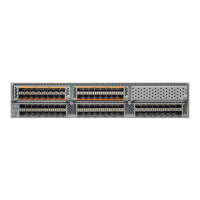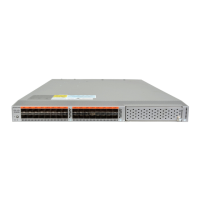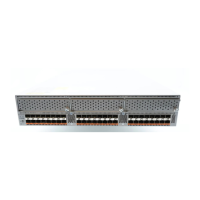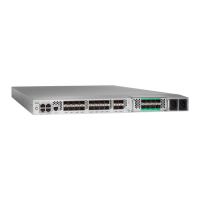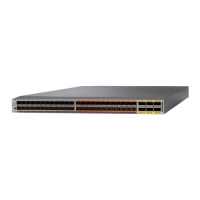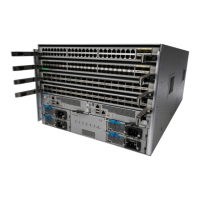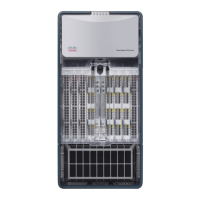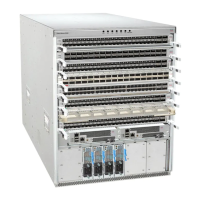207
Cisco Nexus 5500 Series NX-OS Security Command Reference
OL-27883-02
Chapter P Commands
permit udp (IPv6)
This syntax is equivalent to IPv6-address/128.
This example shows how to specify the source argument with the host keyword and the
2001:0db8:85a3:08d3:1319:8a2e:0370:7344 IPv6 address:
switch(config-acl)# permit udp host 2001:0db8:85a3:08d3:1319:8a2e:0370:7344 any
• Any address—You can use the any keyword to specify that a source or destination is any IPv6
address. For examples of the use of the any keyword, see the examples in this section. Each example
shows how to specify a source or destination by using the any keyword.
UDP Port Names
When you specify the protocol argument as udp, the port argument can be a UDP port number, which
is an integer from 0 to 65535. It can also be one of the following keywords:
• biff—Biff (mail notification, comsat, 512)
• bootpc—Bootstrap Protocol (BOOTP) client (68)
• bootps—Bootstrap Protocol (BOOTP) server (67)
• discard—Discard (9)
• dnsix—DNSIX security protocol auditing (195)
• domain—Domain Name Service (DNS, 53)
• echo—Echo (7)
• isakmp—Internet Security Association and Key Management Protocol (5)
• mobile-ip—Mobile IP registration (434)
• nameserver—IEN116 name service (obsolete, 42)
• netbios-dgm—NetBIOS datagram service (138)
• netbios-ns—NetBIOS name service (137)
• netbios-ss—NetBIOS session service (139)
• non500-isakmp—Internet Security Association and Key Management Protocol (45)
• ntp—Network Time Protocol (123)
• pim-auto-rp—PIM Auto-RP (496)
• rip—Routing Information Protocol (router, in.routed, 52)
• snmp—Simple Network Management Protocol (161)
• snmptrap—SNMP Traps (162)
• sunrpc—Sun Remote Procedure Call (111)
• syslog—System Logger (514)
• tacacs—TAC Access Control System (49)
• talk—Talk (517)
• tftp—Trivial File Transfer Protocol (69)
• time—Time (37)
• who—Who service (rwho, 513)
• xdmcp—X Display Manager Control Protocol (177)
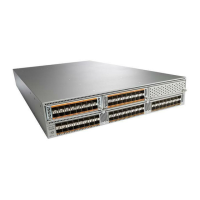
